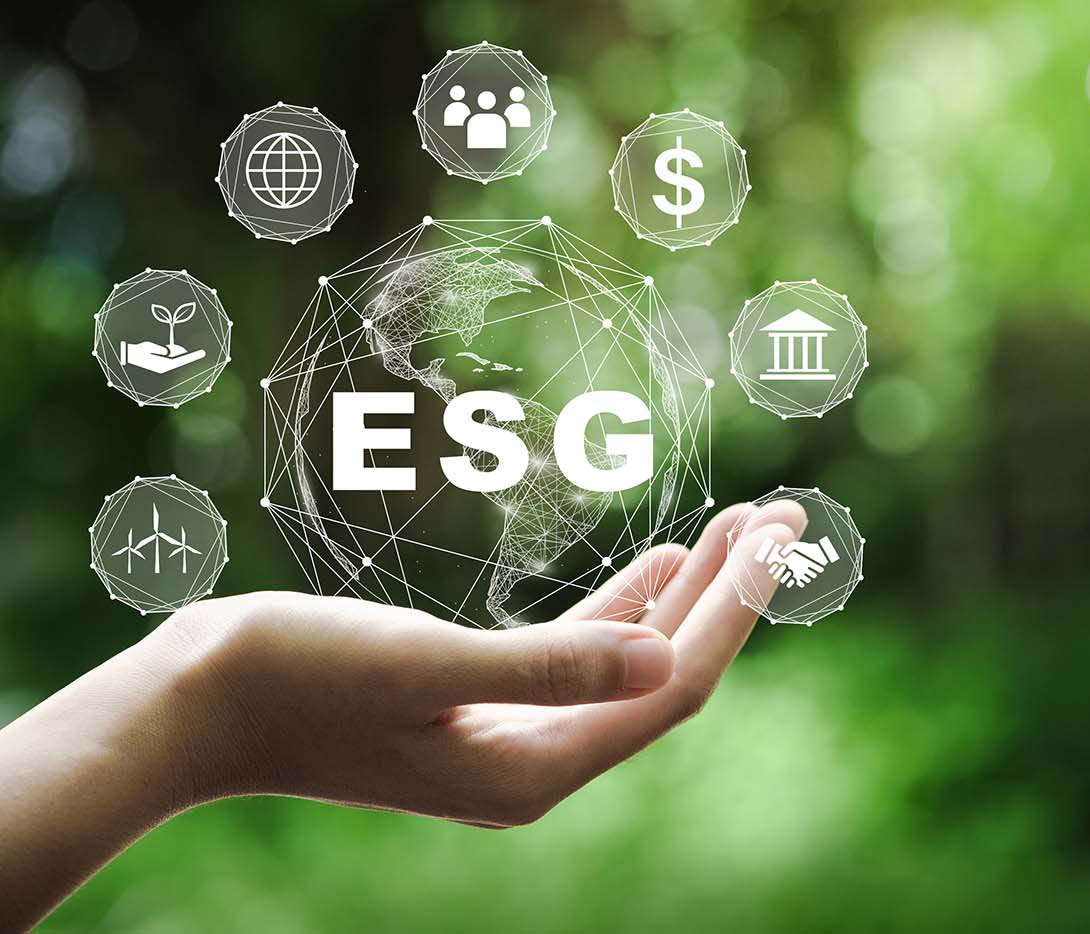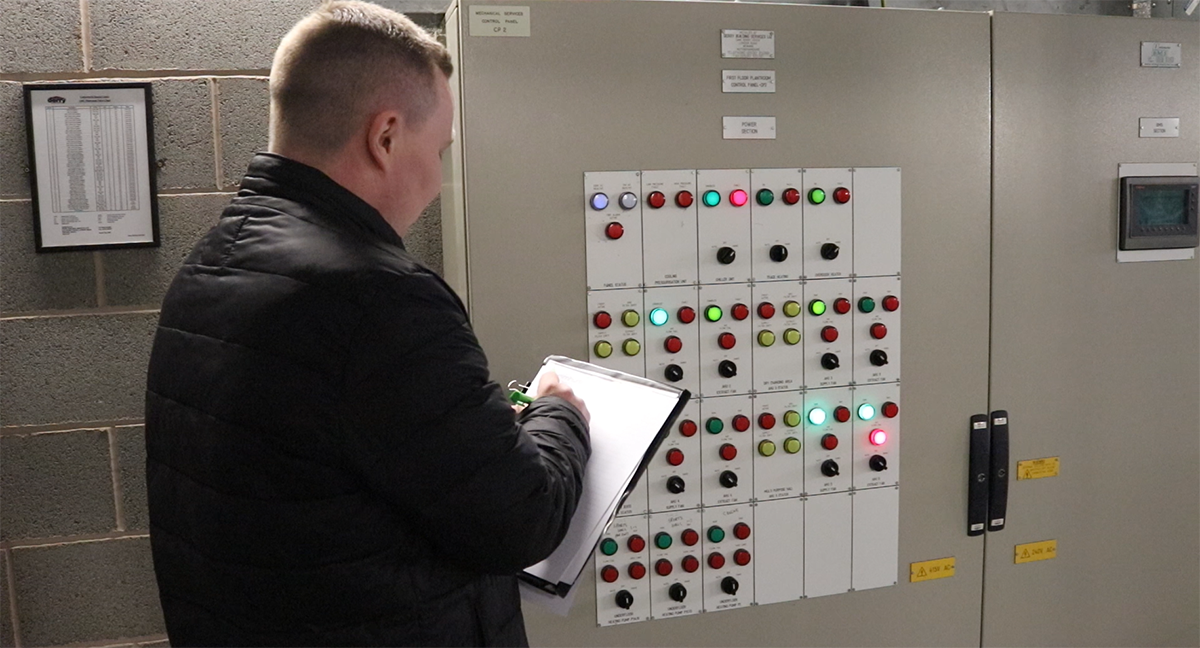How does building energy assessment fit in with ESG?
The concept of Environmental, Social, and Governance (ESG) is becoming increasingly popular as investors and financial analysts look beyond short-term financial results to assess a company’s long-term financial performance and risks. Building energy assessment is just one aspect of ESG that evaluates the energy efficiency and sustainability of a building. This is particularly important to the real estate and construction sectors, as companies seek to minimise their impact on the environment.

What is ESG?
Environmental, Social, and Governance (ESG) is an increasingly popular term in the investment and business world to describe a set of criteria for evaluating the sustainability and societal impact of companies, organisations, or investments. These criteria consider a company’s performance and management in areas such as climate change, labour practices, human rights, corporate governance, diversity and inclusion, and more.
It is estimated that two-thirds of investors consider ESG factors when investing in a company. This means that ESG can not only benefit the environment and community but help you grow your business.
Environmental
Environmental aspects consider a company’s impact on the environment. This may include climate policies, energy use, pollution, waste, treatment of animals, and natural resource conservation. ESG considerations can help to evaluate the environmental risks and aid the company in acting and mitigating risks through the implementation of more sustainable and ethical practices.
Examples of environmental business practices include:
- Reducing energy use and switching to renewable energy sources.
- Switching to zero-waste products or sustainable packaging.
- Reducing carbon emissions by making buildings more energy efficient.
- Creating greener products and services.
- Management of toxic waste and compliance with regulations such as the Energy Saving Opportunities Scheme (ESOS) and Streamline Energy & Carbon Reporting (SECR).
Social
Social aspects consider a company’s wider society and workplace culture, including the relationship with internal and external stakeholders. Fairness and equality are at the heart of this aspect. Organisations should focus on ethical and socially conscious themes, including social justice, corporate ethics, and diversity and inclusion, as well as their contribution to society, such as through volunteer work and donations to the local community.
Examples of social and ethical practices include:
- Investing in community projects.
- Ensuring customer data is secure, and products are safe.
- Preventing abuses within the supply chain.
- Supporting health and safety and wellbeing.
- Creating equality in the workforce with diversity and inclusivity policies.
Governance
Governance looks at an organisation’s decision-making, reporting, and logistics, as well as its ethical behaviour and transparency with stakeholders. Organisations must also ensure to impose further action to avoid conflicts of interest, not use political contributions to obtain preferential treatment and not engage in illegal conduct.
Examples of governance practices include:
- Accurate and coherent reporting to stakeholders (on business strategy, operations, and financial performance).
- Ensuring business leaders are accountable for risk and performance management.
- Undertaking business ethically, such as preventing bribery.
- Ensuring diversity and inclusion amongst the leadership team.
- Being open and honest regarding executive pay.
Building Energy Assessment
Companies and organisations are increasingly considering ESG factors as they seek to minimise their impact on the environment and society and be more transparent about their operations and practices. Building energy assessment is a key aspect of these considerations.
Building energy assessment evaluates the energy efficiency and sustainability of a building. It helps to identify areas where improvements can be made to reduce the building’s carbon footprint and save energy costs. The assessment is further used to assess the sustainability and societal impact of real estate and construction projects. It is also becoming a critical factor in the investment process as investors increasingly look for environmentally and socially responsible properties.
ESG is a critical concept shaping the future of business and investment. By taking ESG factors into account, companies can reduce their impact on the environment and society and create long-term value for themselves and their stakeholders.
Find an Energy Assessor Near You
Looking for an assessor near you? Search the UK’s largest database of energy assessors and retrofit professionals now.
Find an Assessor
